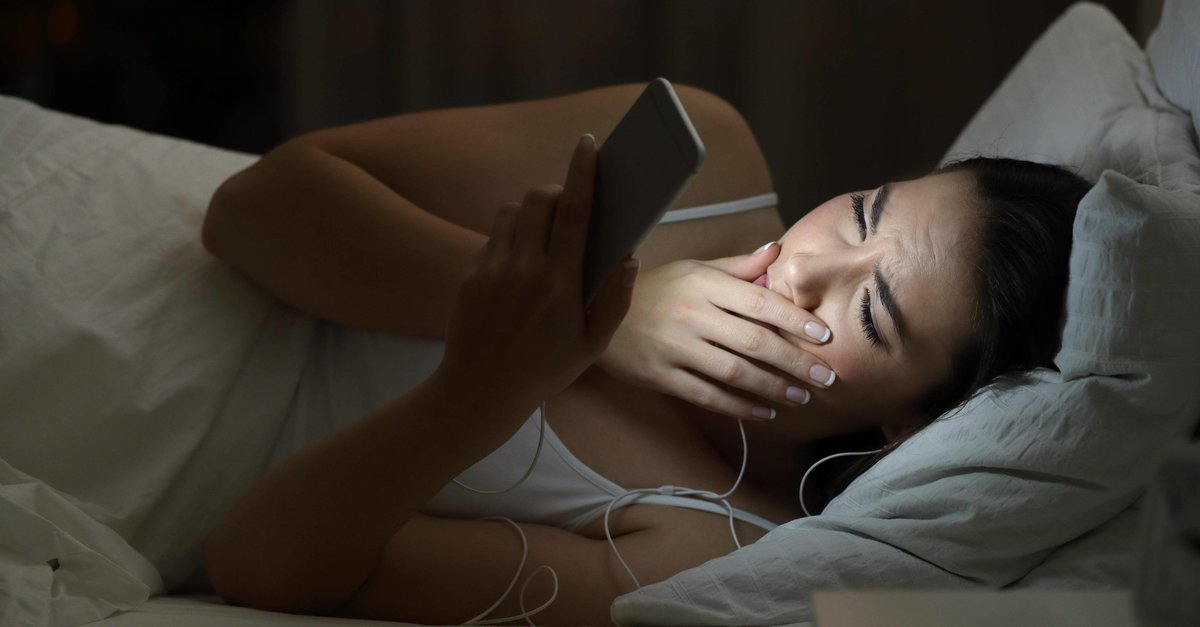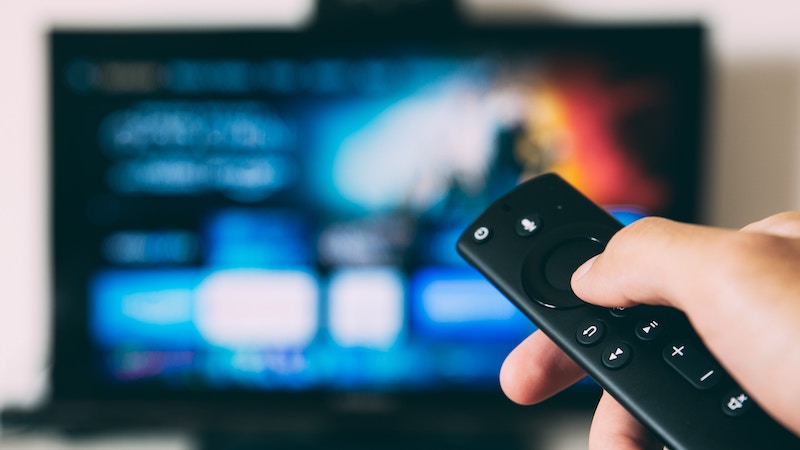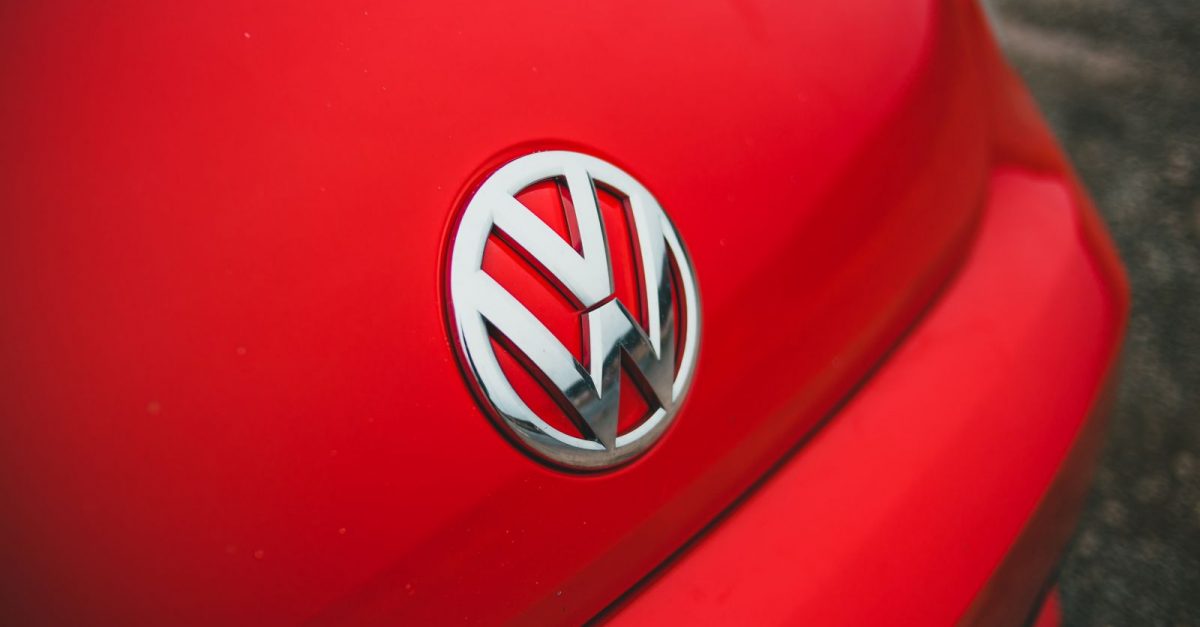No, Apple is not turning the wheel now
With the upcoming update to iOS 17, a real revolution is about to happen. Some users will be happy, while other users will have new fears. Will Apple and the iPhone now be as “unsafe” as Android? My opinion on this in the current issue of the weekend column here on GIGA.
It was rumored at the end of last year, and this week the “confirmation” will come from Bloomberg reporter and Apple insider Mark Gurman, less than two months before WWDC on June 5th.
Alternative app stores for the iPhone become a reality with iOS 17
Apple will show iOS 17 to the public for the first time and reveal what users can look forward to from September at the latest. What Gurman reveals now has it all. Accordingly, Apple wants with iOS 17 enable customers, too Install applications outside of your own app store.
Short and good: Alternative sources and app stores are no longer impossible. The iPhone opens. Apple does not do this voluntarily, after all, the EU ultimately leaves the manufacturer no choice. The so-called “Digital Markets Act” will sooner or later force you to act.
Apple would like to anticipate this and would rather open the gates itself. But isn’t this crazy? After all, Apple has railed against the process known as “sideloading” in recent years, citing the corresponding security concerns.
Android was often used as a negative example in this regard. Many iPhone owners believe that Android phones are generally unsafe because apps from unsafe sources can be installed on them.
Already knew? In the beginning, the iPhone didn’t even have an App Store, which only came in the following year. Of course, it was not advertised because of this:
Will the iPhone become unsafe in the future?
Quite a few remember this PR Users and are now concerned and upsetlike you For example, you can read about it on Facebook. But are these fears justified?
The fact is: software from unknown sources is always a security risk. But it’s also almost: Alone closed app store is not the only way to secure a system.
A good example of this is the Mac. Perhaps iPhone users should be reminded of this. Apple already has an “open” and, despite this, quite secure operating system in its portfolio. You could always install software freely under macOS, but Apple found alternative ways of securing it.
My thoughts for the weekend: The column aims to provide food for thought and reflect on the week’s “news flood” towards the end. A small selection of previous articles in the column:
For example about a App verification system. Mac users can actively decide to only install software that either comes from the Mac App Store or has at least been verified by Apple to be harmless. A similar system could also be available on the iPhone under iOS 17 from now on. Under certain circumstances, Apple would demand money from the developers for this verification, which in return could then be used to advertise and continuously generate revenue from the App Store.
With it everyone wins in the end: The customers get secure apps, the developers get more income and Apple still gets a small fee for the certificate.
For me it is clear: A more open iPhone will not lead to the feared demise of the platform. Apple will continue to protect its system in the future. Likewise, no user will be forced to buy outside of the App Store, even if this is possible from now on. Ultimately there is more freedom. If users are held a little more responsible, I think it’s all the better.
Don’t want to miss any more news about technology, games and pop culture? No current tests and guides? Then follow us
Facebook
or Twitter.



